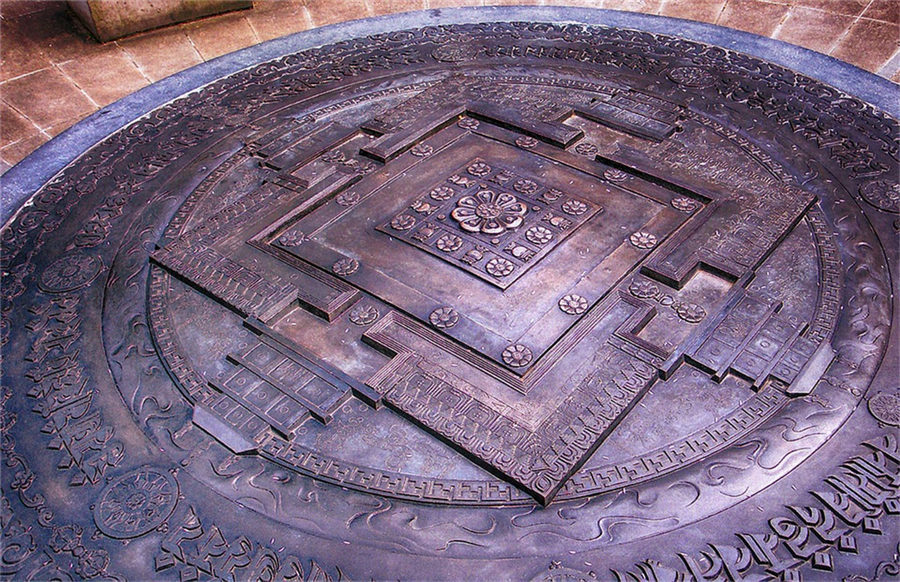People often ask which yidam practice they should do or who their own yidam is. The fact is there is no way to do the yidam practice if one doesn’t know how to practice the generation stage, and there will be no result if the quality of the generation stage is not up to standard. On the other hand, if one has practiced the preliminaries well and undertakes the generation stage seriously, one can hope to attain some results from the yidam practice as well.
~ Depicted from GATEWAY TO THE VAJRAYANA PATH - The Generation Stage











